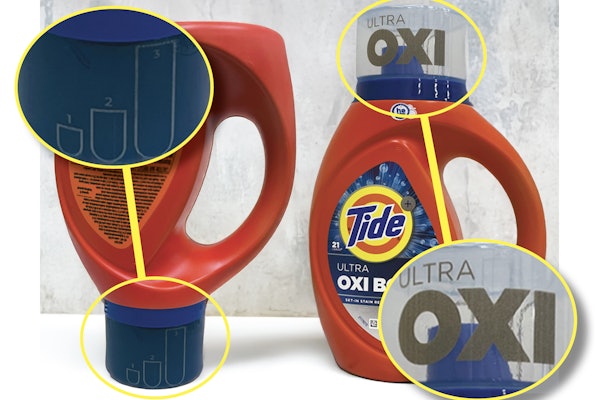The following tips can go a long way to mapping out a strategy to protect confidential information.
• A typical NDA defines the scope of confidential information. Though the definition of confidential information seems obvious, it is an important consideration that should be tailored to the business at hand. For example, a food company that has particular recipes or formulas imperative to the quality of its products has a much different scope than a company whose information relates to a particular marketing strategy. Any ambiguity in the definition of confidential information may be construed against the company and, therefore, a key piece of information could be excluded if not specifically included in the definition. Similarly, exclusions from the definition of confidential information also should be addressed.
• The disclosure period or limitation period is important. Some information requires protection longer than other information. The recipe for Coca-Cola is something the company would argue against ever disclosing. A new package for an established product may require a shorter time frame within which the confidential information should be protected because the “cat is out of the bag” as soon as the product is launched. The disclosure period is important because the NDA must be reasonable to be enforceable. Narrowly tailoring a disclosure period can impart reasonableness to the scope of the NDA, thereby enhancing the likelihood of successful enforcement.


























